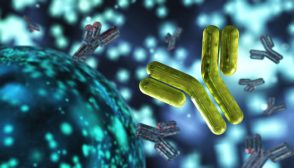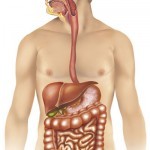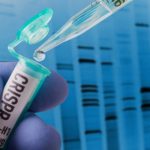Definition
noun
The organ system that is involved in protecting the organism from infection, infestation, and other potential harm from the presence of foreign (non-self) bodies
Supplement
An organ system, (sometimes simply system), is a group of organs that work together to carry out a particular task. In humans and other animals, the organ systems are integumentary system, lymphatic system, muscular system, nervous system, reproductive system, urinary system, respiratory system, skeletal system, and immune system.
The immune system is the organ system responsible for the protection of organism from the harmful effects of the presence of foreign bodies (e.g. pathogens, parasitic worms, allergens, etc.). It is the organ system that detects and distinguishes the self from non-self. Immune cells, such as the white blood cells, produce an immune response against non-self or foreign bodies leading to immunity and protection against diseases.
In humans and other vertebrates, the immune system may be categorized into an innate immune system and an adaptive immune system. The function of the innate immune system is to recognize and respond to pathogens in a generic way. Examples of innate immune response include the production of cytokines, immune cell recruitment, complement cascade activation, removal of foreign substances by white blood cells, antigen presentation, and physical and chemical barrier formation against infectious agents. In contrast, the adaptive immune system leads to specific or acquired immune response. Two major forms of responses are the antibody responses and the cell mediated immune response.
See also:
- immunity
- immune cell
- white blood cell
- lymphatic system










